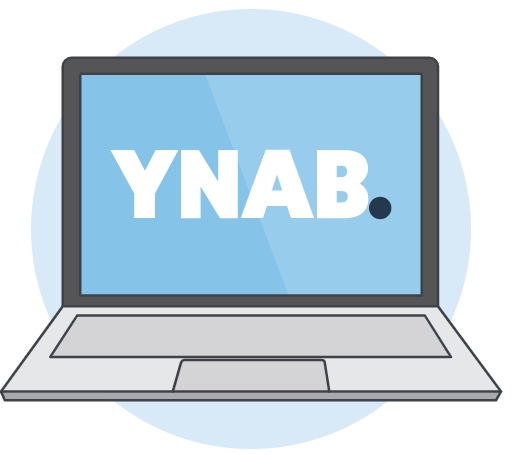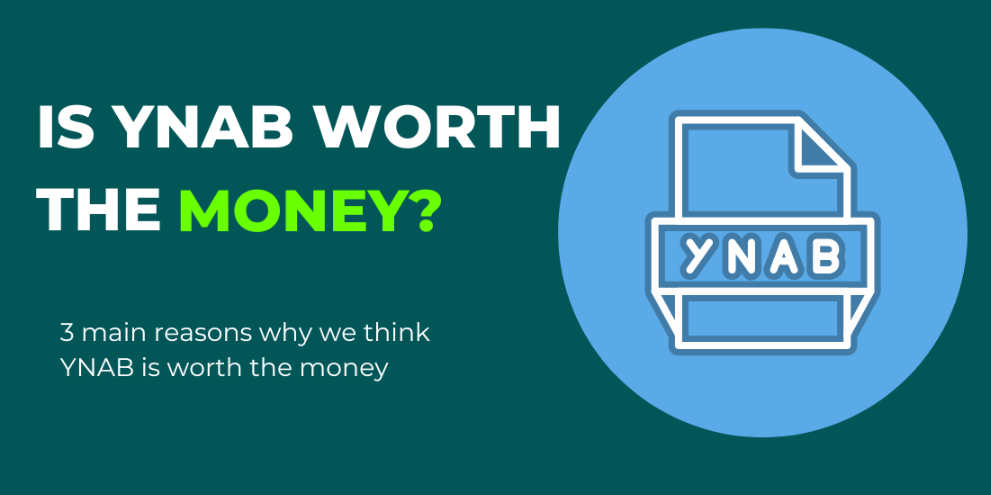Financial tips for young adults that can help your life!

Anúncios
Navigating the world of personal finance can be overwhelming for young adults. However, establishing good financial habits early on can set the foundation for a secure and prosperous future.
Here are five essential financial tips to help young adults manage their money wisely and achieve their financial goals.
Anúncios
Discover essential financial tips for young adults that can transform your life. Learn about budgeting, saving, debt management, and setting achievable goals.
1- Focus on your financial education
Financial literacy is the cornerstone of smart money management. Understanding the basics of personal finance, such as budgeting, saving, investing, and debt management, can significantly impact your financial well-being.
Anúncios
A solid financial education equips you with the knowledge to make informed decisions, avoid common financial pitfalls, and take advantage of opportunities that can improve your financial health.
To get started, read books and articles, take online courses, and follow reputable financial experts to stay informed about the latest tips and trends.
2- Learn how to create your budget
Creating and sticking to a budget is a fundamental skill that every young adult should master. A budget helps you track your income and expenses, ensuring that you live within your means and allocate funds towards your financial goals.
Start by documenting all sources of income and categorizing your expenses, then set reasonable limits for each category based on your income.
Regularly review your budget and adjust it as your financial situation changes. Budgeting promotes financial awareness, helps reduce debt, and enables you to allocate money towards savings and investments.
3- Have an emergency fund
An emergency fund is a financial safety net that can cover unexpected expenses, such as medical bills, car repairs, or job loss.
Having an emergency fund can prevent you from going into debt when unforeseen costs arise. Aim to save three to six months’ worth of living expenses, starting small and gradually increasing your savings.
Set up automatic transfers to your emergency fund to ensure consistent contributions. An emergency fund provides peace of mind, helps you avoid high-interest debt, and ensures that financial setbacks don’t derail your long-term goals.
4- Seek to pay off your debts
Debt can be a significant barrier to financial freedom. Prioritizing debt repayment can reduce financial stress and free up resources for other financial goals.
Begin by listing all your debts, including the amount owed, interest rates, and minimum payments.
Consider the debt snowball (paying off smallest debts first) or debt avalanche (paying off highest interest debts first) method, and whenever possible, make extra payments towards your debt to pay it off faster.
Being debt-free reduces financial anxiety, improves your credit score, and allows you to redirect funds towards savings and investments.
5- Set achievable goals
Setting realistic financial goals is crucial for maintaining motivation and ensuring long-term success.
Break down your goals into short-term, medium-term, and long-term objectives, and create a plan for achieving each one.
For example, you might set a short-term goal to save for a vacation, a medium-term goal to pay off student loans, and a long-term goal to buy a house.
Regularly review and adjust your goals as your financial situation evolves. Achieving your financial goals builds confidence, promotes discipline, and enhances your overall financial well-being.
By focusing on financial education, creating a budget, building an emergency fund, paying off debt, and setting achievable goals, young adults can take control of their finances and pave the way for a secure and prosperous future.
6. Learn to Separate Your Wants from Your Needs
When you think about tips to make your life easier, learning to separate your wants from your needs is extremely necessary.
Understand this to differentiate between your necessary expenses and unnecessary ones. Spending on your wants can be done, but should be avoided during financial crises.
On the other hand, your spending on needs must be made to avoid future personal problems.
7. Aim to Save and Invest
The importance of saving and investing cannot be underestimated, especially because saving is the first step to ensuring a solid financial foundation, allowing you to have funds available for emergencies, large purchases, or future investments.
Establish a habit of regularly saving a portion of your income, whether monthly or weekly, and set clear goals for your savings.
Investing, on the other hand, is crucial for growing your wealth in the long term, being much better than just saving it.
8. Plan for Your Retirement
Planning for retirement is one of the most important financial decisions you can make.
Starting to save for retirement as early as possible allows you to benefit from compound interest, where the earnings on your savings also generate earnings.
Determine how much you will need to maintain your desired lifestyle in retirement and create a plan to achieve that goal.
9. Be Cautious with Card Use
Using cards, especially credit cards, can be a convenient financial tool, but it requires caution.
One of the biggest risks of using credit cards is accumulating debt that you cannot pay off in full at the end of the month. This can lead to high interest costs and indebtedness.
Whenever possible, pay off your credit card balance in full to avoid interest. If this is not feasible, try to pay at least more than the minimum required amount.
Many credit cards offer rewards programs, cashback, or benefits like travel insurance. Use these benefits wisely to maximize your advantages without incurring debt.
Utilize tools and apps to track your card spending. This helps maintain control over your budget and identify areas where you might be overspending.
Avoid unnecessarily increasing your credit card limit. A higher limit may tempt you to spend more than you can afford, leading to financial problems.
Developing these habits early on will not only help manage money effectively but also provide the foundation for long-term financial success.
We hope you enjoyed the financial tips for young adults and continue accessing the website to learn more about the world of finance!





